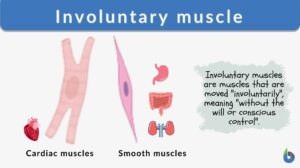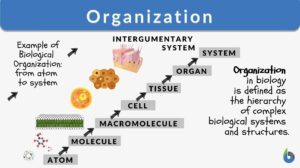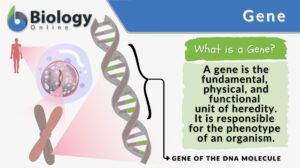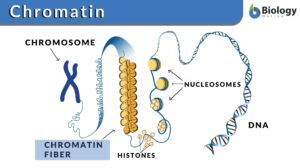Search Results for: unit
Unified atomic mass unit
Unified Atomic Mass Unit Definition The Unified Atomic Mass Unit (u) (or simply atomic mass unit) refers to the 1/12... Read More
Colony-forming unit
Colony Forming Unit Definition A Colony Forming Unit (CFU) in microbiology and cellular biology refers to a measure of... Read More
Law of Unit Characters
Definition noun (genetics) A Mendelian law which states that every genetic character of an organism is controlled by unit... Read More
Plaque-forming unit
Definition A measure of the quantity of individual infectious particles (e.g. virus particles) based on the number of... Read More
Bethesda unit
Bethesda unit a measure of inhibitor activity: the amount of inhibitor that will inactivate 50% or 0.5 unit of a coagulation... Read More
Smooth muscle
The smooth muscle can be described as a type of muscle in the human body that is non-striated and involuntary in action.... Read More
Cell theory
What Is Cell Theory? Biological cell theory explains the idea of organismal constitution, structure, and function. It... Read More
Community (biology)
Community, in biology, refers to the assemblage of interacting organisms (either of the same or different species)... Read More
Feedback mechanism
Feedback Mechanism Definition What is a feedback mechanism? A feedback mechanism is a physiological regulation system in a... Read More
Biological system
Biological System Definition A biological system refers to a network of entities that work as a unit, functioning together... Read More
Law of Purity of Gametes
Definition noun (genetics) Gregor Mendel's law stating that the unit factors are brought together and paired during union or... Read More
Plant cell
Plant Cell Definition A plant cell refers to any cell of a plant. It is the structural and functional unit of plants. Plant... Read More
Disaccharide
Carbohydrates are organic compounds comprised of carbon, hydrogen, and oxygen, usually in the ratio of 1:2:1. They are one... Read More
Nucleosome
Nucleosome Definition Every organism is made of deoxyribonucleic acid, also known as DNA. DNA is made up of numerous... Read More
Involuntary muscle
A muscle act typically either under the control of the will or without conscious control. Muscles that can be controlled at... Read More
Organization
Organization Definition The meaning of the term "organization" is very simple. It means the state wherein things are... Read More
Saccharide
Saccharide Definition What is a saccharide molecule? A saccharide is the unit structure of carbohydrates. In biochemistry,... Read More
Muscular system
Muscular System Definition What is the muscular system? The muscular system is a system that includes muscle cells and... Read More
Kidneys and Regulation of Water and Inorganic Ions
Renal Functions Kidneys remove/add substances from/to the plasma. Regulate water concentration, inorganic ion... Read More
Population Growth and Survivorship
By: Maria Victoria Gonzaga Previously, we learned about biodiversity and endemism. Now, let's look at the... Read More
Transcription unit
Definition noun A stretch of DNA being transcribed into an RNA molecule. Supplement Transcription units are mapped by... Read More
Somogyi method
Definition noun The quantitative determination of reducing sugars in terms of Somogyi unit Supplement The Somogyi method is... Read More
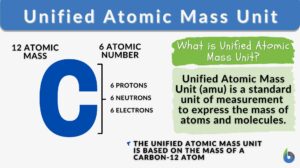







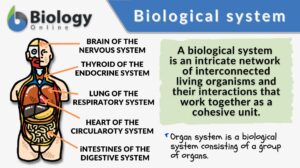



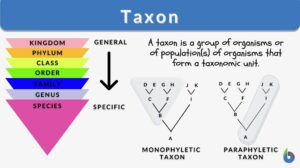


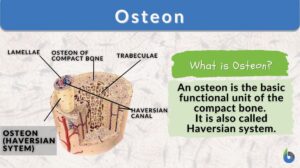
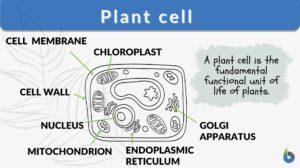
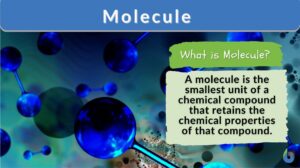

![Biology n., [baɪˈɑlədʒi] Definition: scientific study of life](https://www.biologyonline.com/wp-content/uploads/2021/12/biology-definition-and-branches-of-biology-300x168.jpg)

